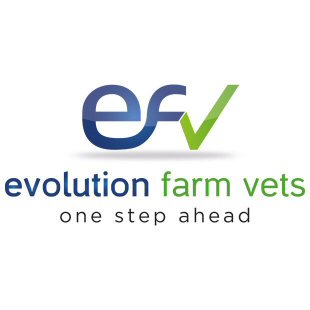Milk goitre is common in some breeds of goat, especially Nubians and Boers. The milk goitre is a soft swelling in the neck on both sides of the larynx, and sometimes under the jaw. The soft swelling is the enlargement of the thymus, but post mortem examination has shown the tissue to be histologically normal.
The swellings begin to appear from 1 week of age, and on average, reach their largest mass at about 4 months. After this time spontaneous but slow regression occurs which leaves a flap of loose skin. Blood samples taken from these animals will show a normal or increased blood iodine, and a normal blood thyroxine level (i.e. this is NOT a thyroid or iodine problem). The thymus gland is a very important part of the immune system, providing 'training' of T-cells to differentiate host cells from foreign invaders. The peak of this activity is in young animals which also have the highest mass of thymus tissue. The large size of the thymus gland should not be considered pathological, and should not be 'treated'. Any effort to reduce the size of the gland (eg. injecting steroids) will result in a less efficient immunity for that animal.
